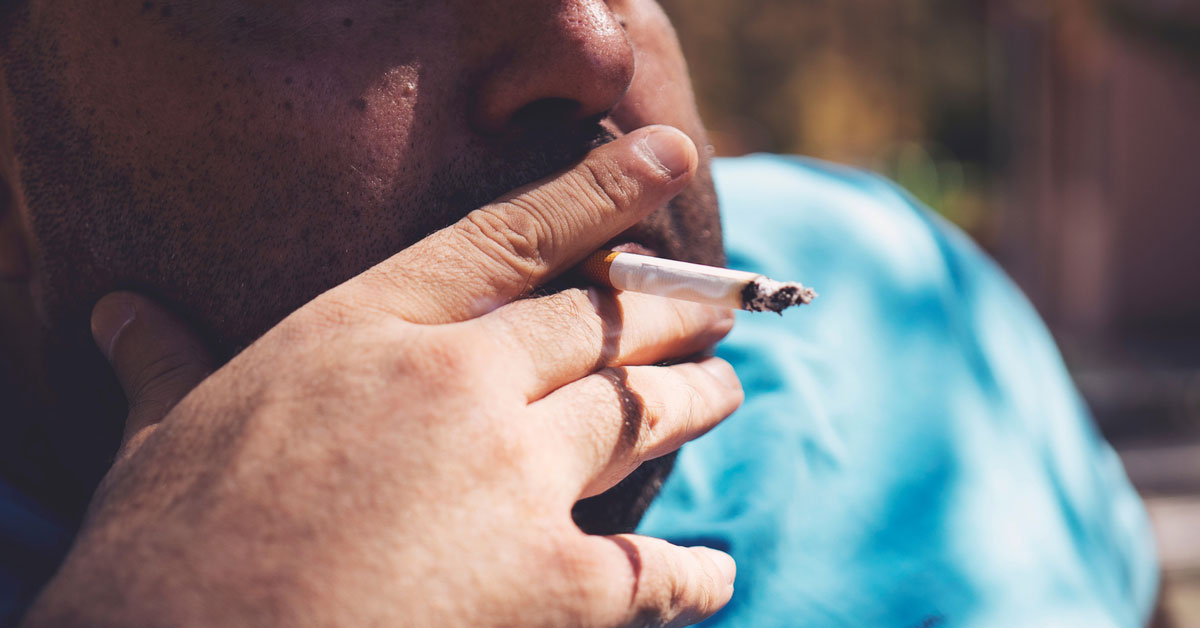
- Home
- About
- Our Team
- Services
- Postoperative Care
- Smile Gallery
- Medical Tourism
- Blog
- Offers
- Contact Us
- Home
- About
- Our Team
- Services
- Postoperative Care
- Smile Gallery
- Medical Tourism
- Blog
- Offers
- Contact Us

Periodontitis is the next stage of a gum disease called Gingivitis. While periodontitis is an advanced form of gum disease where the jaw bone has begun to recede, gingivitis is a much lesser form where the gums are infected by the plaque and have started bleeding. Periodontitis if left unattended, can advance so much so that the jaw bones can no longer hold the teeth. So the teeth might loosen up and fall.
Gum diseases are primarily caused because of the accumulation of plaque on the teeth that begins to affect the gum. For some unknown reasons people who are diabetic and people who smoke are more prone to gum diseases in general and periodontitis in particular.
Not really. Actually, our immune system fights the oral bacteria. Though plaque can accumulate and cause gum diseases, not everyone’s gum disease progresses to periodontitis. This is because there are cells in our immune system called Neutrophils that fight plaque-causing bacteria. Only people who have a compromised immune system are more susceptible. It has been found that people for whom the Neutrophil cells do not function properly, they are more susceptible to periodontitis. This means the non-diabetic and non-smokers can cope well and do not get affected with periodontitis if their neutrophils are performing well for the same amount of plaque present as the diabetic and smokers.
The high sugar level in the blood has for years inflamed many body parts and the immune system itself is not immune to this. As the years’ pass, the immune system, in general, is weakened by the persistently high blood sugar. Neutrophils are part of the body’s immune system and they too become weak.
A bleeding gum may be an indication. But periodontitis is not always diagnosed immediately. A trained dentist can diagnose the symptoms and can begin treatment. If you are a diabetic or a smoker, it is prudent that you check your dentist for any signs of periodontitis.
Periodontitis is treatable in the early stages. Whatever bone has receded, it cannot be salvaged back. But when treatment starts, any further bone recession can be arrested. Your dentist would determine the severity of bone loss and suggest remedial measures accordingly.
If you are a diabetic or smoker or none of the two but still have periodontitis, you may have to visit the dentist in intervals as prescribed by the dentist. Initial treatment would include removal of plaque from your teeth and gums and cleaning the crevices perfectly. Other treatments would be suggested and recommended based on the extent of bone recession.
As part of the treatment plan, you might be prescribed a specialized toothbrush designed specifically for you. This brush is designed taking into consideration the unique contour of your teeth and gums. This specialized brush can actually aid you in more efficient cleaning.
Unfortunately, the answer is yes. Whenever the immune system weakens for whatever reasons other than diabetes or smoking, the person might be susceptible to periodontitis. In other words, if the neutrophil cells present in your immune system becomes weak though you might not have diabetes, you might still be susceptible to periodontitis. That is the reason why dentists insist on getting a regular dental checkup done.
So get the health of your teeth assessed periodically and remain free of periodontitis.